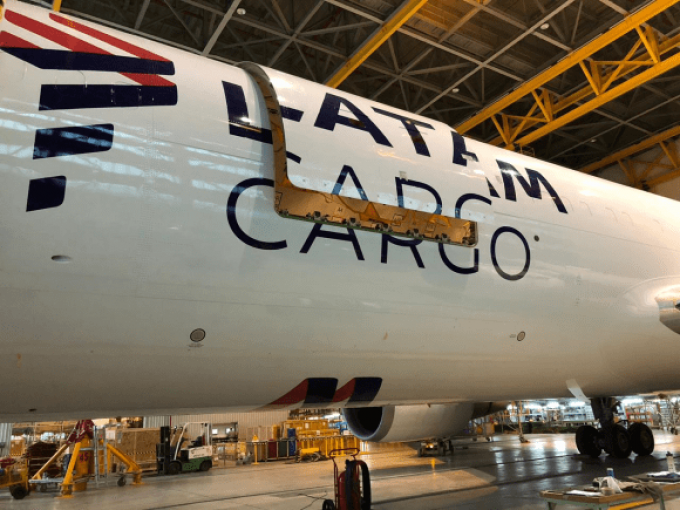Supply chain radar: AP Møller-Mærsk cuts senior Latam staff as it preps to deal
While the initial warning came from Asia some time ago, Latin America is another place ...

LATAM Cargo is getting a better grip on its cargo as ULD provider Unilode, which manages the airline’s ULD pool, is equipping the fleet with Bluetooth tags to keep track of them at any time.
“Unilode’s digitalisation programme will provide LATAM with opportunities to enhance our product offering by improving visibility and adding features such as temperature monitoring of the tracking devices fitted to our containers and pallets,” said LATAM Cargo CEO Andrés Bianchi.
Monitoring ambient shipment conditions is of major interest ...
Amazon pushes into LTL for small package fulfilment and UPS does a u-turn
New senior management for DSV as it readies for DB Schenker takeover
Volumes set to 'fall off a cliff' as US firms hit the brakes on sourcing and bookings
Asian exporters scramble for ships and boxes to beat 90-day tariff pause
Temporary tariff relief brings on early transpacific peak season
'Tariff madness' will prompt renegotiation of ocean shipping contracts
Forwarders 'allowing the fox into the chicken run' by supporting 'hungry' carriers
Response to tariffs by Chinese importers may see extra costs for US shippers


Comment on this article